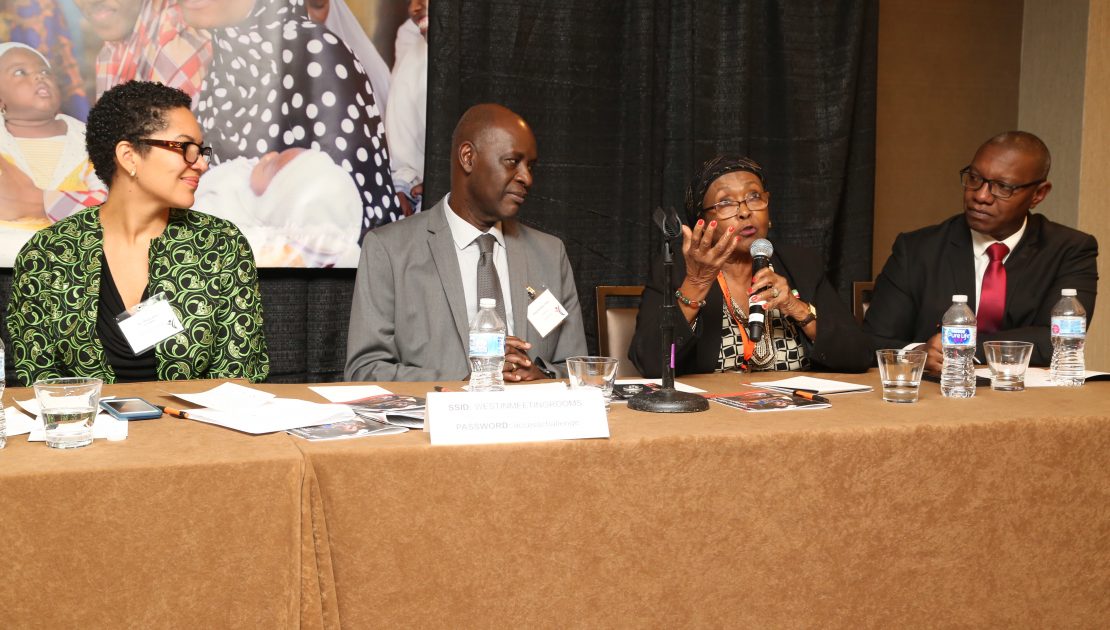Last month, the 72nd Session of the World Health Assembly fostered a renewed spirit of collaboration and partnership to improve global health outcomes. But how can global health actors effectively collaborate? What else is needed to evoke change? To explore this, I looked back on some key insights from discussions with African leaders, global health experts and advocates about how to make health for all a reality.
By Chloe Dunbobbin

